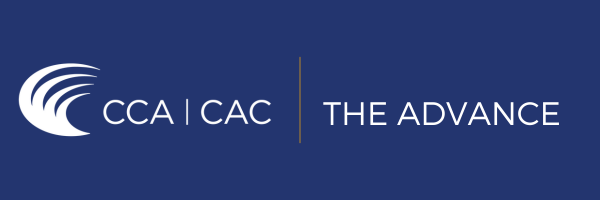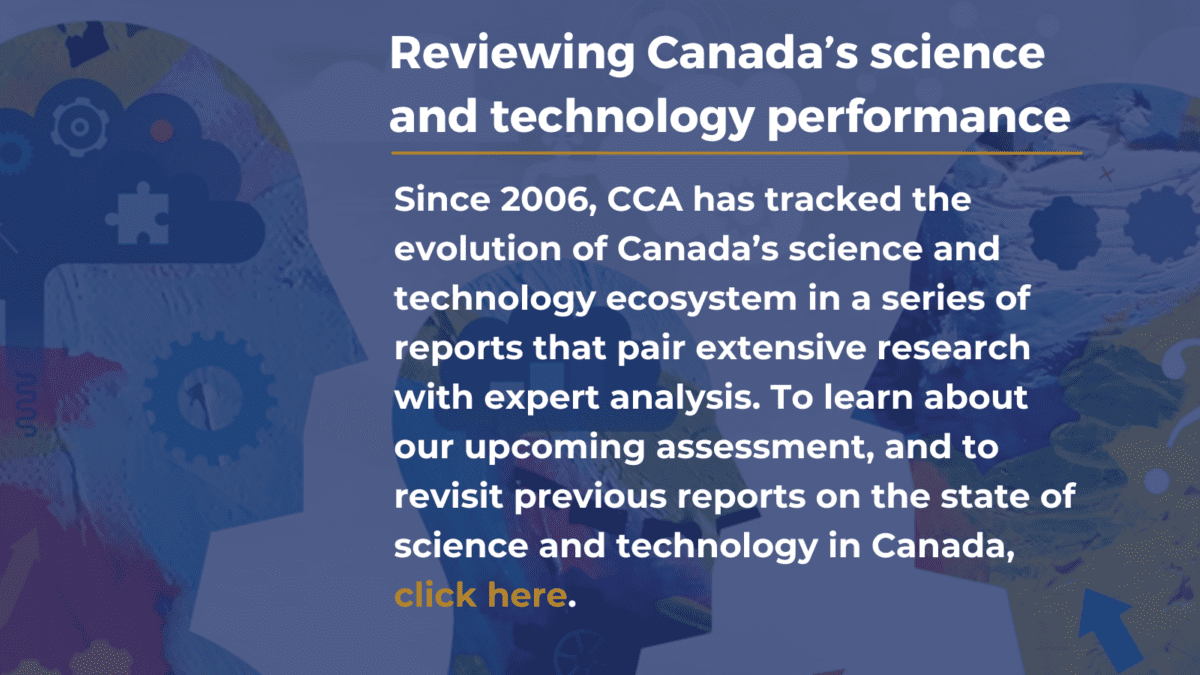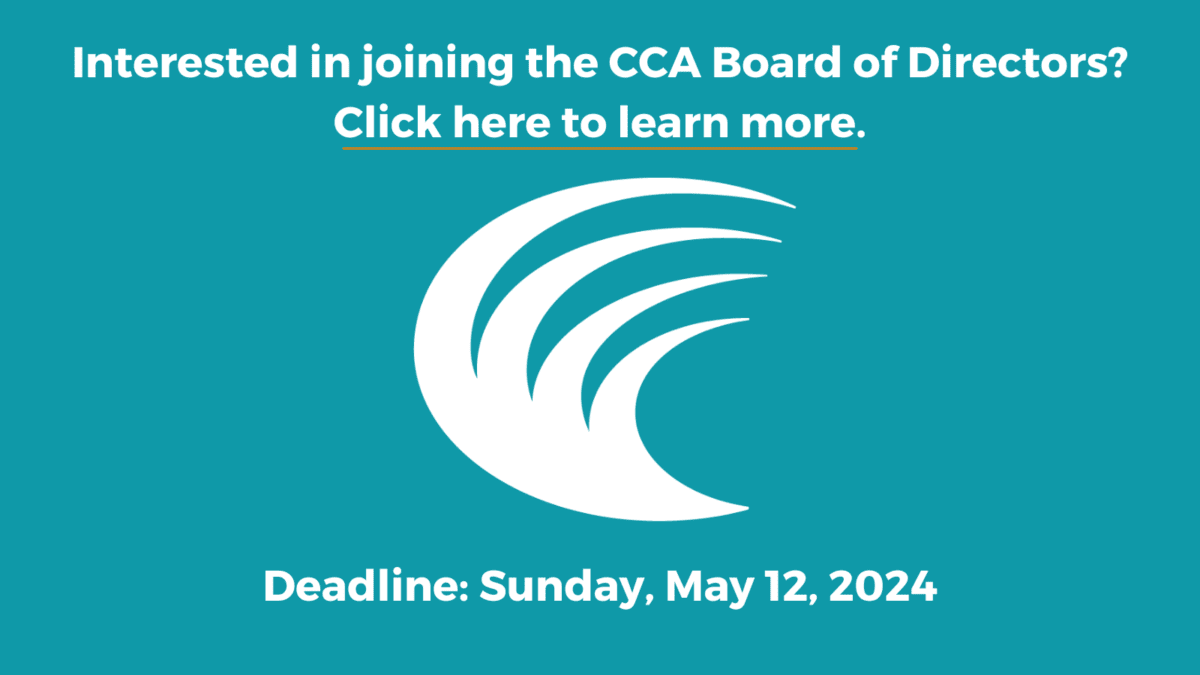
Welcome to the first edition of The Advance, the newsletter of the CCA. Each month, you’ll receive a curated selection of science- and policy-focused readings; notices of upcoming events; and updates on CCA’s expert assessments, which span health and life sciences, technology and innovation, the environment, and public safety. If you haven’t subscribed yet, you can sign up here.
In this edition:
- A reading list for understanding the Online Harms Act
- Join CCA’s Board of Directors
- Details on Canada’s artificial intelligence infrastructure
- Notes from health experts on misinformation in their fields
- World Quantum Day delights, and more

Online Harms Act: A Reading List
In late February, the Online Harms Act (C-63), which identifies categories of damaging content and proposes legislative and regulatory mechanisms for addressing them, was tabled in the House of Commons. The act seeks to address concerns raised in Vulnerable Connections, a report from CCA that details the complex social and legal issues underpinning digital public safety, and the importance of accountable approaches to addressing cyber-enabled harms.
Several members of CCA’s Expert Panel on Public Safety in the Digital Age weighed in on the Online Harms Act, and detailed the road ahead:
- The proposed act “doesn’t tread on the dangerous ground of regulating speech that would be ‘lawful but awful,’” Florian Martin-Bariteau writes in Policy Options; rather, it focuses on “new obligations for the operators of major digital platforms and the creation of new bodies to support victims.”
- At the Globe and Mail, Emily Laidlaw (with Taylor Owen) writes that the proposed act has “the building blocks of a good law” and “gets the big things right,” but would benefit from greater debate around the types of platforms that should be regulated, and how to strike a balance “between legislative clarity, parliamentary oversight and responsive regulation.”
- For Tech Policy Press, Heidi Tworek (with Chris Tenove) lists outstanding questions concerning the proposed act, including how digital platforms will respond to new obligations and in what ways public response, expert assessment, and political commentary might shape its fate.

(From left: Florian Martin-Bariteau, Emily Laidlaw, and Heidi Tworek, members of CCA’s Expert Panel on Public Safety in the Digital Age)
Download Vulnerable Connections here. Pressed for time? Here’s an infographic overview of the report’s main findings.

Readings & Events
- On April 17, the Canadian Internet Registration Authority hosts a free virtual discussion on the future of internet governance. On April 23, the Canadian Public Health Association kicks off its two-day Public Health 2024 conference in Halifax, Nova Scotia, on the ancestral and unceded territory of the Mi’kmaq people. On May 1, the Institute for Quantum Computing, based at the University of Waterloo, begins Quantum Connections, its annual two-day conference. And on May 13, Acfas begins its annual conference, which will take place at the University of Ottawa through May 17.
- In a report, The Dais, a public-policy think tank based at Toronto Metropolitan University, wrote that Canada’s artificial intelligence strategy is “talent-focused, but lacks the infrastructure to provide opportunities for early-growth firms, protect public interests, and capture AI’s potential for long-term economic prosperity.” The Government of Canada recently announced more than $2 billion in AI-related investments, including a $9.6 million investment in computing infrastructure for AI research, to be based at Université Laval. The Government of Quebec will contribute an additional $6.4 million to that project.
- Healthy Debate asked a selection of health experts to share what they believed to be “the most pervasive misinformation in their specialty.” Their responses touched on immune-system myths, the compartmentalization of mental health solutions, and emergency department usage, among other topics. Timothy Caulfield, a member of CCA’s Expert Panel on the Socioeconomic Impacts of Science and Health Misinformation, offered his thoughts on misinformation itself; read all the responses here.
- Finally, a happy belated World Quantum Day, celebrated around the globe on April 14. Why April 14? World Quantum Day organizers rounded up the first digits in Planck’s constant–named for the theoretical physicist Max Planck, and a “fundamental constant governing quantum physics.” Celebrate with Quantum Potential, CCA’s report on the responsible adoption of quantum technologies in Canada, or read an interview with Eric Heller, a professor of physics at Harvard University whose artwork graces our report cover.
Have a report or an event CCA and its audience should know about? Write to editors@cca-reports.ca and tell us more.